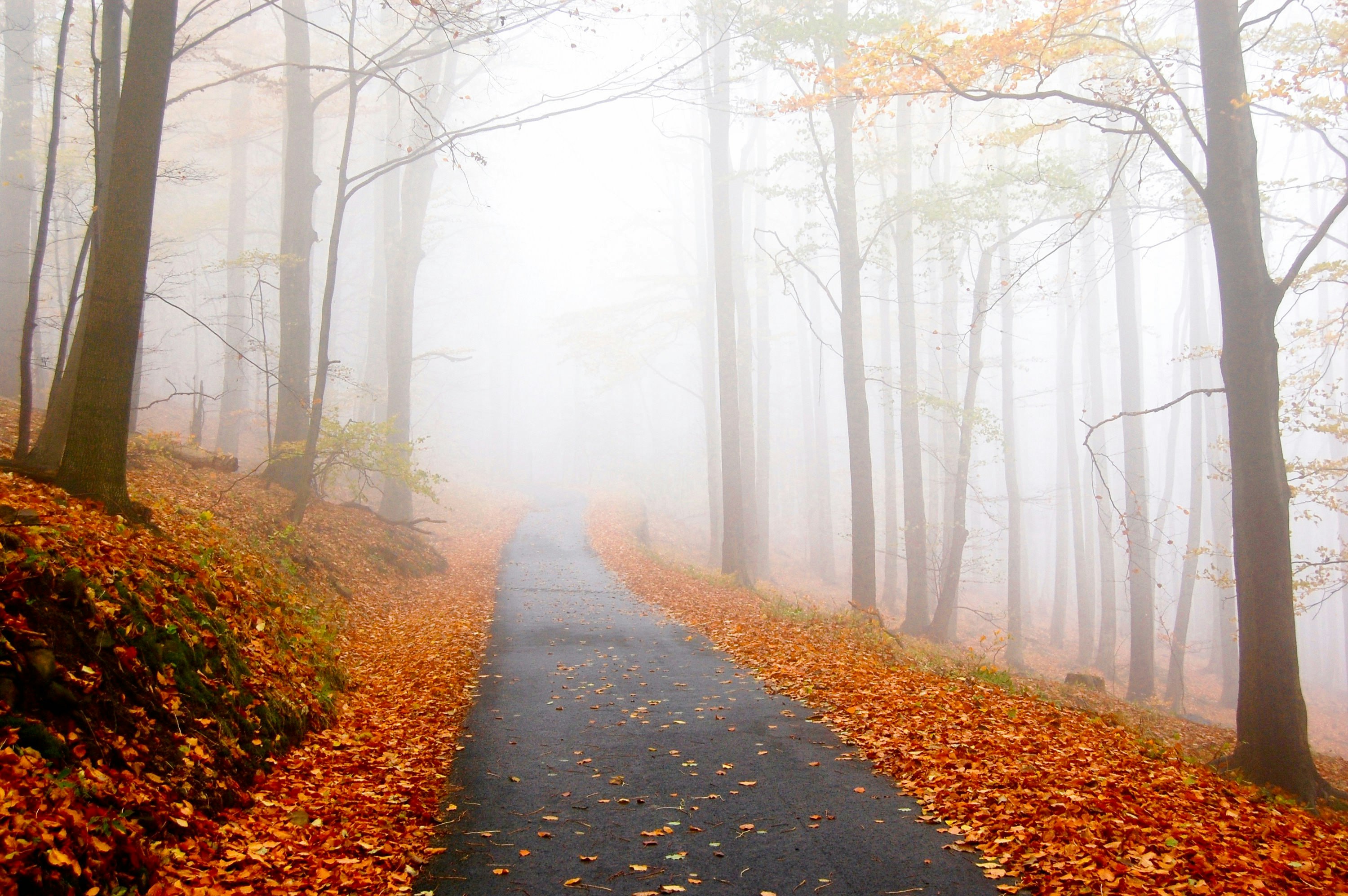The first step to cultivating a strength is defining it. Curiosity is a fascinating psychological phenomena to say the least. In preparing this article I found that no one I know has the same definition for curiosity, and depending on the definition you use, the result of cultivating curiosity is very different.
For example, Drs. Christopher Hsee, University of Chicago, and Bowen Ruan, University of Wisconsin-Madison, recently conducted a study examining the role of curiosity in human behavior. In particular, they conducted 4 experiments to address the question:
Can curiosity be dangerous?
To answer this question, 54 adults (24 women) who were given a box of 10 ballpoint pens that may or may not deliver an electric shock when clicked. Each participant was randomly assigned to one of two conditions: certain or uncertain. In the certain condition, each pen had a sticker indicating whether the pen would shock them or not shock them if clicked. In the uncertain condition, all pens had the same sticker and the participants were told that the pens may or may not have batteries in them. The research team told the participants that they can click the pens if they wanted to "kill time" while waiting for another part of a different experiment, and then counted how many pens each participant clicked.
People in the uncertain condition clicked more pens than the participants in the certain condition. The researchers interpreted this as evidence that curiosity might be the human desire to resolve uncertainty, and this desire may lead individuals to expose themselves to danger, or at least pain.
Then, the research team conducted this same study again with 30 new participants. This time, all participants received the uncertain and certain conditions. To do this, some of the pens had red stickers (shock), some had green stickers (no shock), and some had yellow (uncertain). They counted how many of each type of pen each person clicked.
Again, they found that people clicked more of the yellow sticker-ed pens than the other two types. And again, the researchers interpreted their results as evidence that curiosity may lead people to expose themselves to danger in order to resolve uncertainty. Indeed, the participants rated their experience of the shocks as negative.
The research team then conducted 2 more follow-up studies. They changed the potential negative outcome to the sound of nails on a chalkboard in order to show that the effect is not specific to electric shocks. They also included measures of participants' feelings. Participants again were more likely to click on uncertain options even though the uncertain options were likely to expose them to negative sounds, and the more exposure they had to these negative sounds, the worse they felt. Yet, if people were given the option of predicting whether clicking the uncertain button would positively or negatively impact their mood, they were less likely to choose to resolve the uncertainty.

In review, we are driven to resolve uncertainty at the expense of our mood and the potential for danger. This may be the ugly side of curiosity.
On the other hand, the VIA Institute on Character defines curiosity as being interested in exploring new ideas, activities, and experiences and having a strong desire to increase their own personal knowledge. In short, they advise that the best way to cultivate curiosity is to "ask questions, and lots of them."
If we think about both definitions, it seems that both highlight the search for information. What may distinguish curiosity of human nature from curiosity as a character strength is the goal of that search. Are you curious to resolve uncertainty or to add to your personal understanding? If you follow-up your curious urges with "why do I want to know/do this?" and the only answer is "because I just want to know," your curiosity may simply be rooted in human nature. This isn't a bad thing. There are a million reasons that the drive to resolve uncertainty was essential to survival. Think about how we know whether we can fly, which plants are poisonous and tasty, that fire causes pain. The tribe benefits from some people being willing to take these risks.
Now that we have those basics worked out, it is our job to cultivate curiosity as a character strength. Practice the art of understanding why and how new knowledge will improve your understanding of yourself and the world. Teach children to understand what drives their curiosity. It is this nuanced understanding of how to be curious that will make the difference between practicing curiosity that has negative consequences for mood and safety and practicing curiosity that will lead to the good life filled with strong relationships and purpose.
To learn more about The Positivity Project, click here. Many thanks to unsplash for the curious photos.
Hsee, C. K., & Ruan, B. (2016). The Pandora Effect The Power and Peril of Curiosity. Psychological science, 27(5), 659-666.

Curiosity kills the cat. It can cause a lot of problems. Although, I am a curious person, I want to know it all. This post is very informative. Thank you for sharing.
ReplyDelete